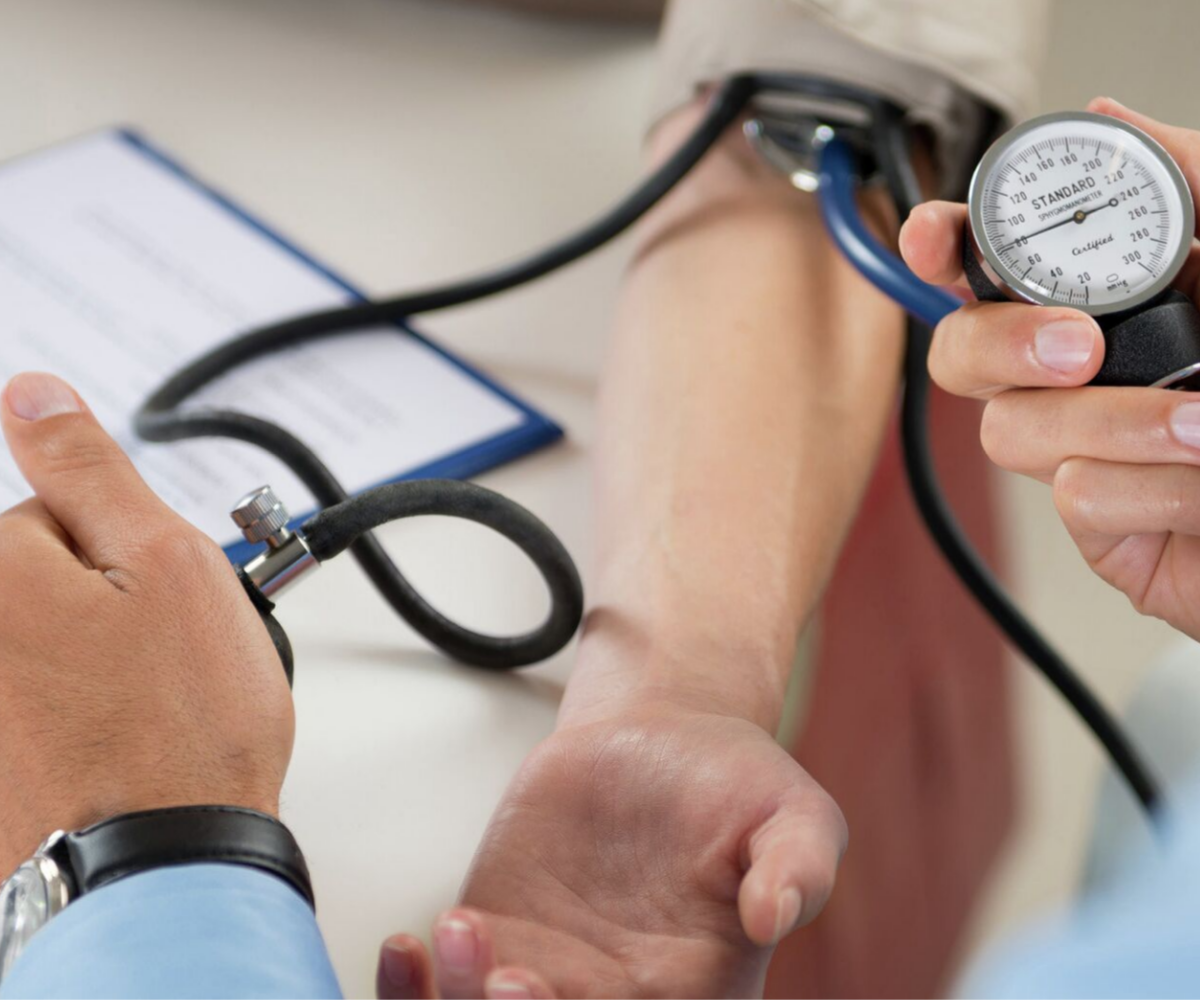
Health Checkup Packages
Regular checkups can help detect health problems early, when they are most treatable. This can include detecting and preventing serious illnesses such as cancer, diabetes, and heart disease.

-
General Tests:
Haemogram,
Diabetes: Blood Sugar- fasting - Liver: Bilirubin Total, Bilirubin Direct,Bilirubin Indirect,Total Proteins SGPT,SGOT
- Kidney: S.Creatinine, Blood Urea, Nitrogen,Uric Acid
-
Heart: Cholesterol-Total,Triglycerides,HDL,
LDL,VLDL Cholesterol - Thyroid: TSH
₹4700 ₹3500
Cardiology Consultation
ECHO|TMT|ECG

-
General Tests:
Haemogram,
Diabetes: Blood Sugar- fasting - Liver: Bilirubin Total, Bilirubin Direct,Bilirubin Indirect,Total Proteins SGPT,SGOT,Alkaline Phospahte,Gamma GT
- Kidney: S.Creatinine, Blood Urea, Nitrogen,Uric Acid,Potassium,sodium
-
Heart: Cholesterol-Total,Triglycerides,HDL,
LDL,VLDL Cholesterol,Non HDL,VLDL Ratios - Thyroid: TSH,Free T3, Free T4
₹5200 ₹4000
Cardiology Consultation
ECHO|TMT|ECG|CHEST X-ray

-
General Tests:
Haemogram,
Diabetes: Blood Sugar- fasting - Liver: Bilirubin Total, Bilirubin Direct,Bilirubin Indirect,Total Proteins SGPT,SGOT,Alkaline Phospahte,Gamma GT
- Kidney: S.Creatinine, Blood Urea, Nitrogen,Uric Acid,Potassium,sodium
-
Heart: Cholesterol-Total,Triglycerides,HDL,
LDL,VLDL Cholesterol,Non HDL,VLDL Ratios - Thyroid: TSH,Free T3, Free T4
- Bone: Calcium, Vit.D
₹6000 ₹4500
Cardiology Consultation
ECHO|TMT|ECG|CHEST X-ray|USG Abdomen
Benefits With Our Service
1: State-of-the-art equipment: Cardiology hospitals often have access to the latest medical technologies and equipment, including imaging machines, catheterization labs, and advanced surgical instruments.
2: Highly trained medical staff: Cardiology hospitals typically employ highly skilled and experienced cardiologists, nurses, and other medical professionals who specialize in diagnosing and treating heart conditions.
3: Comprehensive care: Cardiology hospitals offer a wide range of services to address various heart-related conditions and diseases, from diagnostic testing to medical management, interventional procedures, and cardiac rehabilitation.
4: Personalized treatment plans: Patients receive customized treatment plans that are tailored to their specific needs and medical history, ensuring that they receive the most appropriate care for their individual condition.
5: Access to clinical trials and research: Cardiology hospitals may offer patients access to cutting-edge clinical trials and research studies, providing them with the opportunity to benefit from the latest advancements in cardiovascular medicine.
Overall, receiving care in a dedicated cardiology hospital can provide patients with the highest quality of care and the best chance of achieving optimal outcomes for their heart health.


Health Tips & Info
1:Exercise regularly: Regular exercise is essential for maintaining good heart health. Aim for at least 30 minutes of moderate-intensity physical activity most days of the week.
2: Eat a heart-healthy diet: A diet rich in fruits, vegetables, whole grains, lean protein, and healthy fats can help reduce your risk of heart disease.
3: Manage your blood pressure: High blood pressure is a leading risk factor for heart disease. Monitor your blood pressure regularly and take steps to keep it under control through lifestyle changes or medication.
4: Quit smoking: Smoking is a significant risk factor for heart disease. Quitting smoking can significantly reduce your risk of developing heart disease.
5: Manage stress: Chronic stress can take a toll on your heart health. Find healthy ways to manage stress, such as exercise, meditation, or talking to a counselor.
6: Know your family history: A family history of heart disease can increase your risk. Talk to your doctor about any family history of heart disease and take steps to reduce your risk accordingly.
7: Get regular check-ups: Regular check-ups with your doctor can help detect any potential heart health issues early on and allow for prompt treatment.
8: Follow your treatment plan: If you have a heart condition, it's essential to follow your treatment plan as prescribed by your doctor. This may include taking medications, making lifestyle changes, or undergoing medical procedures.
9: Stay informed: Stay up-to-date on the latest research and recommendations related to heart health by regularly reading credible sources of information and talking to your doctor.
Remember, maintaining good heart health is essential for living a long and healthy life. By adopting healthy habits and working closely with your doctor, you can take control of your heart health and reduce your risk of developing heart disease.
An echocardiogram evalute the heart's structure, function and blood flow
A treadmill test is a diagnostic tool used to assess how well the heart responds to exertion.It can help identify heart blocks and electrical conduction abnormalities.
Holter Monitoring continusouly records a person's heart acivity for 24 hours to 7 days. It is typically used to detect arrhythmais, or irregular heartbeats.
ABPM is a method of measuring blood pressure continusoulyover a period of time, usually 24 hours.
An Electrocardiogram (ECG or EKG) is a test that measures the electrical acivity of the heart.It is used to detect abnormal rhythms, heart attacks, and other heart problems
An Ultrasound machine uses high frequency sound waves to produce images of internal body structure. Ultrasound machine area non-invasive making them a safe and widely used diagnostictool. color doppler is a non-invasive imaging used to evalute blood flow in the blood vessels.
